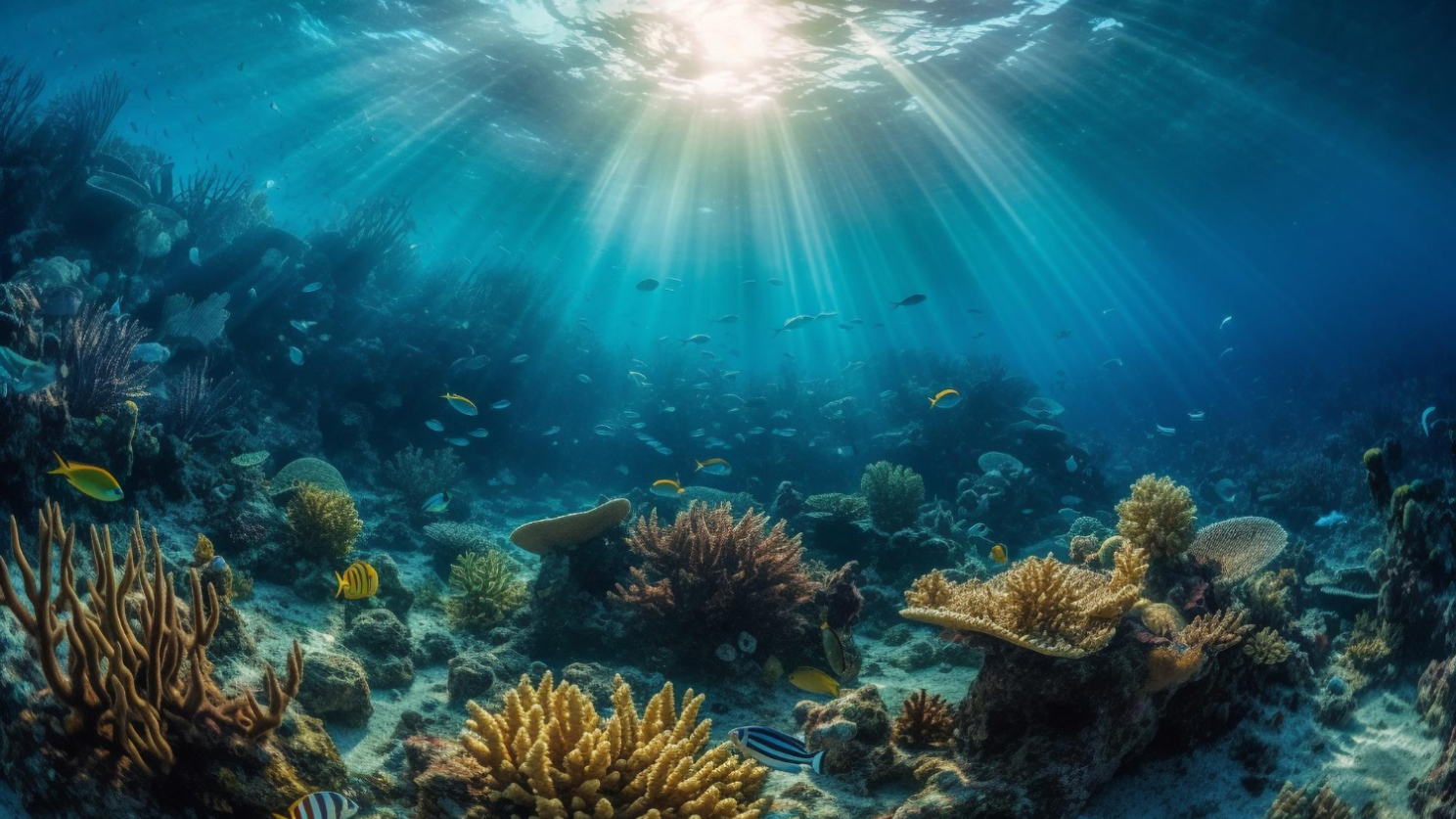The world’s oceans are facing unprecedented challenges due to human activities, including pollution, overfishing, and climate change. As responsible global citizens, it is our duty to take immediate action to protect and preserve these vital ecosystems. In this article, we will explore some effective strategies and initiatives that can help save our oceans for future generations.
1. Reducing Plastic Pollution:
Plastic pollution poses a significant threat to marine life and ecosystems. To combat this issue, we must prioritize reducing our plastic consumption and promoting sustainable alternatives. This can be achieved through initiatives such as recycling, using reusable bags and bottles, and supporting businesses that adopt eco-friendly packaging practices.
2. Sustainable Fishing Practices:
Overfishing has led to the depletion of fish populations and disrupted marine food chains. Implementing sustainable fishing practices, such as setting catch limits, protecting breeding grounds, and promoting responsible fishing techniques, can help restore balance to our oceans’ ecosystems.
3. Marine Protected Areas:
Establishing marine protected areas (MPAs) is crucial for safeguarding vulnerable marine habitats and species. These designated areas restrict harmful activities such as fishing, mining, and drilling, allowing marine ecosystems to recover and thrive. Governments and organizations should work together to expand the coverage of MPAs and enforce their regulations effectively.
4. Combating Climate Change:
Climate change is causing rising sea levels, ocean acidification, and coral bleaching, all of which have devastating effects on marine life. To mitigate these impacts, we must reduce greenhouse gas emissions by transitioning to renewable energy sources, promoting energy efficiency, and supporting international agreements aimed at combating climate change.
5. Educating and Raising Awareness:
Education plays a vital role in fostering a sense of responsibility and inspiring action. By raising awareness about the importance of ocean conservation, we can encourage individuals, communities, and businesses to make sustainable choices. Educational programs, public campaigns, and partnerships with schools and universities can help spread knowledge and empower people to become ocean stewards.
6. Supporting Scientific Research:
Investing in scientific research is crucial for understanding the complex dynamics of marine ecosystems and developing effective conservation strategies. Governments, institutions, and individuals should support research initiatives that focus on ocean health, biodiversity, and the impacts of human activities.
Conclusion:
Saving our oceans requires a collective effort from individuals, communities, governments, and organizations worldwide. By implementing sustainable practices, protecting marine habitats, combating climate change, and raising awareness, we can make a significant difference in preserving these invaluable ecosystems. Let us embrace our responsibility as custodians of the oceans and work together to ensure a sustainable future for our planet and generations to come.

